Young naturalists are always haunted by seemingly simple questions. At what temperature does sea water usually freeze? Everyone knows that zero degrees is not enough to turn the sea surface into a good ice rink. But at what temperature does this happen?
What is sea water made of?
How is the content of the seas different from fresh water? The difference is not so great, but still:
- Much more salt.
- Magnesium and sodium salts predominate.
- The density differs slightly, within a few percent.
- Hydrogen sulfide can form at depth.
The main component of sea water, no matter how predictable it may sound, is water. But unlike the water of rivers and lakes, it contains large amounts of sodium and magnesium chlorides.
Salinity is estimated at 3.5 ppm, but to be more clear - at 3.5 thousandths of a percent of the total composition.
And even this, not the most impressive figure, provides water not only with a specific taste, but also makes it undrinkable. There are no absolute contraindications, sea water is not a poison or a toxic substance, and nothing bad will happen from a couple of sips. It will be possible to talk about the consequences if a person is at least throughout the day. Also, the composition of sea water includes:
- Fluorine.
- Bromine.
- Calcium.
- Potassium.
- Chlorine.
- sulfates.
- Gold.
True, in percentage terms, all these elements are much less than salts.
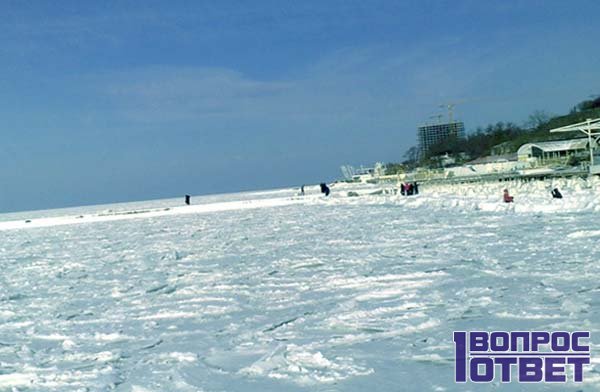
Why can't you drink sea water?
We have already briefly touched on this topic, let's look at it in a little more detail. Together with sea water, two ions enter the body - magnesium and sodium.
|
Sodium |
Magnesium |
|
Participates in maintaining the water-salt balance, one of the main ions along with potassium. |
The main effect is on the central nervous system. |
|
With an increase in the number Na in the blood, fluid is released from the cells. |
Very slowly excreted from the body. |
|
All biological and biochemical processes are disturbed. |
An excess in the body leads to diarrhea, which aggravates dehydration. |
|
Human kidneys are not able to cope with so much salt in the body. |
Perhaps the development of nervous disorders, inadequate condition. |
It cannot be said that a person does not need all these substances, but needs always fit within certain limits. After drinking a few liters of such water, you will go too far beyond their limits.
However, today the urgent need for the use of sea water may arise only among the victims of shipwrecks.
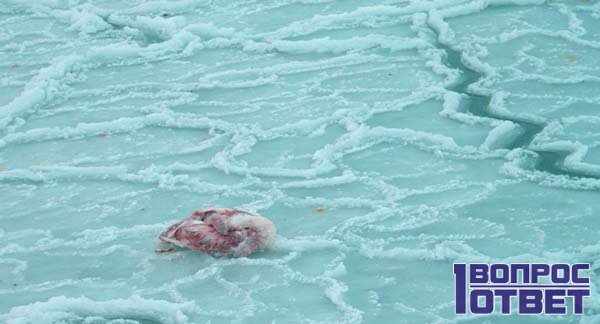
What determines the salinity of sea water?
Seeing a little higher figure 3.5 ppm , you might think that this is a constant for any sea water on our planet. But everything is not so simple, salinity depends on the region. It just so happened that the further north the region is located, the greater this value.
The south, on the contrary, boasts not so salty seas and oceans. Of course, all rules have their exceptions. Salt levels in the seas are usually slightly lower than in the oceans.
What is the geographic division in general? It is not known, researchers take it for granted, there is everything. Perhaps the answer should be sought in the earlier periods of the development of our planet. Not at the time when life was born - much earlier.
We already know that the salinity of water depends on the presence of:
- magnesium chloride.
- sodium chloride.
- other salts.
Perhaps, in some parts of the earth's crust, the deposits of these substances were somewhat larger than in neighboring regions. On the other hand, no one canceled the sea currents, sooner or later the general level had to level off.
So, most likely, a small difference is associated with the climatic features of our planet. Not the most unfounded opinion, if you remember the frosts and consider what exactly water with a high salt content freezes more slowly.
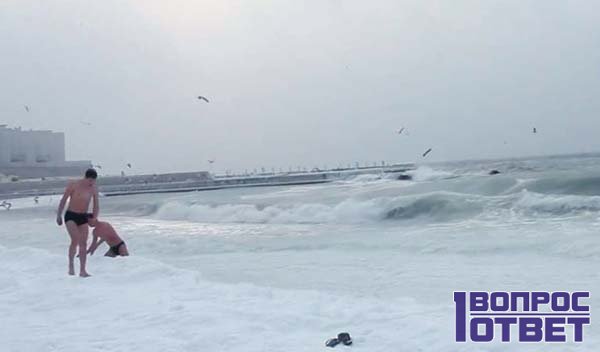
Desalination of sea water.
Regarding desalination, everyone has heard at least a little, some now even remember the film "Water World". How realistic is it to put one such portable distiller in every house and forever forget about the problem of drinking water for humanity? Still fiction, not reality.
It's all about the energy expended, because for efficient operation huge capacities are needed, no less than a nuclear reactor. A desalination plant in Kazakhstan operates on this principle. The idea was also submitted in the Crimea, but the power of the Sevastopol reactor was not enough for such volumes.
Half a century ago, before numerous nuclear disasters, one could still assume that a peaceful atom would enter every home. There was even a slogan. But it is already clear that no use of nuclear micro-reactors:
- In household appliances.
- At industrial enterprises.
- In the construction of cars and aircraft.
- And yes, within the city limits.
Not expected in the next century. Science may take another leap and surprise us, but so far these are just the fantasies and hopes of careless romantics.
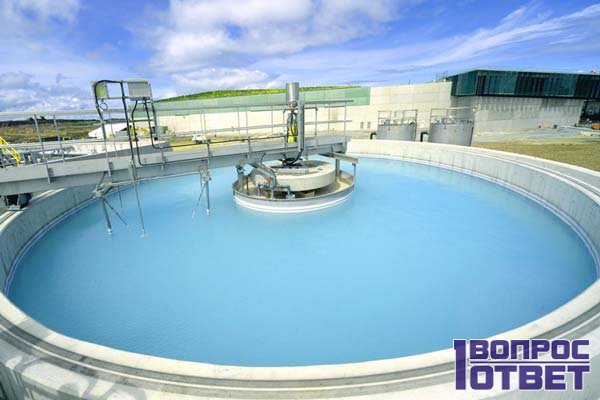
At what temperature can sea water freeze?
But the main question has not yet been answered. We have already learned that salt slows down the freezing of water, the sea will be covered with a crust of ice not at zero, but at sub-zero temperatures. But how far should the thermometer readings go to minus so that the inhabitants of the coastal regions do not hear the usual sound of the surf when they leave their homes?
To determine this value, there is a special formula, complex and understandable only for specialists. It depends on the main indicator - salinity level. But since we have an average value for this indicator, can we also find the average freezing point? Oh sure.
If you do not need to calculate everything up to a hundredth, for a particular region, remember the temperature at -1.91 degrees.
It may seem that the difference is not so great, only two degrees. But during seasonal temperature fluctuations, this can play a huge role where the thermometer falls at least 0. It would be only 2 degrees cooler, the inhabitants of the same Africa or South America could see ice near the coast, but alas. However, we do not think that they are very upset by such a loss.
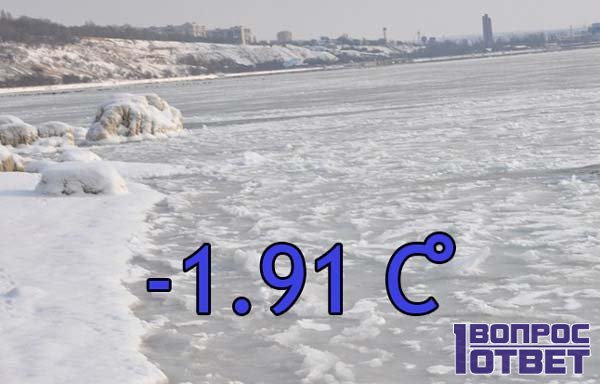
A few words about the oceans.
And what about the oceans, fresh water reserves, pollution levels? Let's try to find out:
- The oceans are still standing still, nothing has happened to them. In recent decades, the water level has been rising. Perhaps this is a cyclical phenomenon, or maybe the glaciers are actually melting.
- Fresh water is also more than enough, it's too early to panic about this. If another worldwide conflict happens, this time with the use of nuclear weapons, we can and will, like in Mad Max, pray for saving moisture.
- The last point is very fond of conservationists. And sponsorship is not so difficult to achieve, competitors will always pay for black PR, especially when it comes to oil companies. But it is they who cause the main damage to the waters of the seas and oceans. It is not always possible to control oil production and emergency situations, and the consequences are catastrophic every time.
But the oceans have one advantage over humanity. It is constantly updated, and its real self-cleaning capabilities are very difficult to assess. Most likely, he will be able to survive human civilization and see its decline in a completely acceptable state. Well, then the water will have billions of years to clear itself of all the "gifts".
It is even difficult to imagine who needs to know at what temperature sea water freezes. A general educational fact, but to whom it is really useful in practice is a question.
